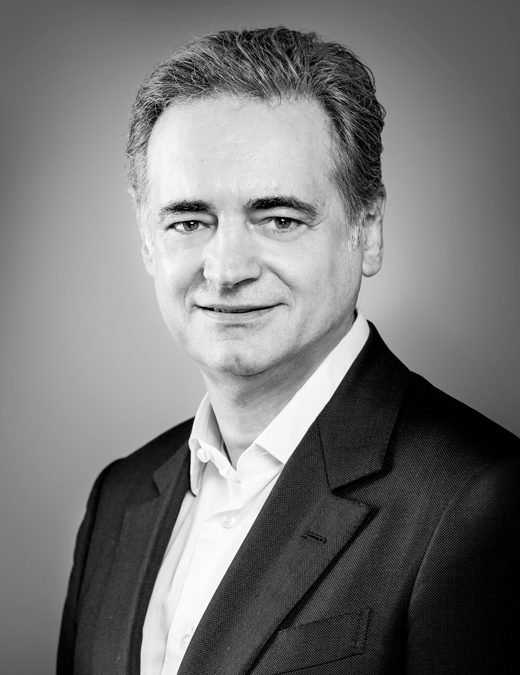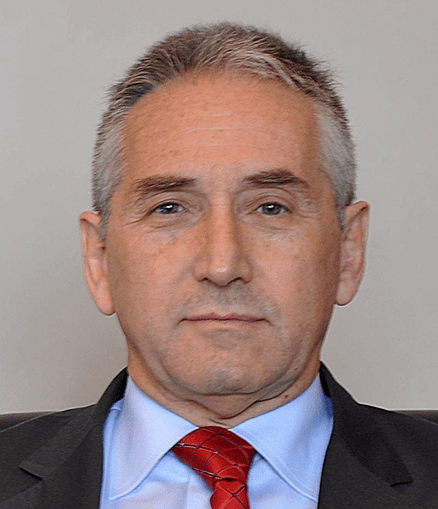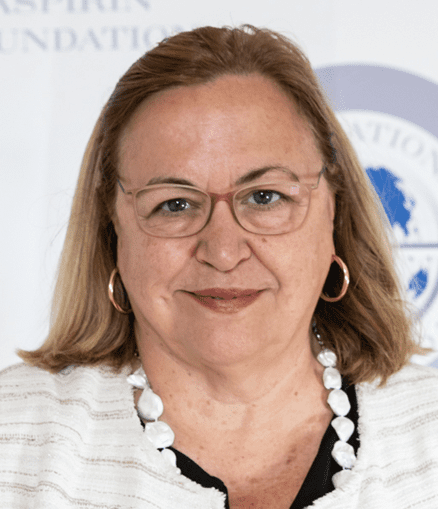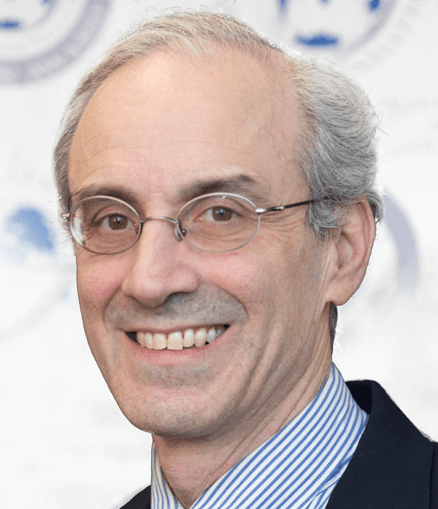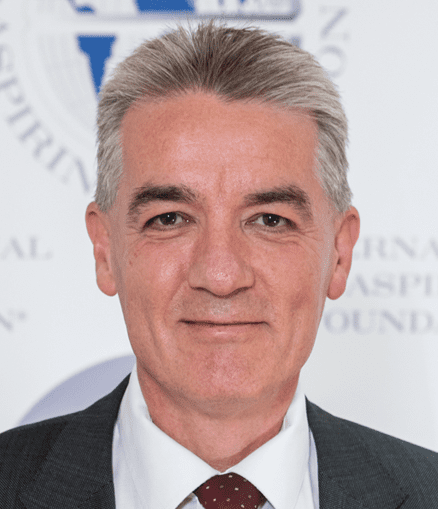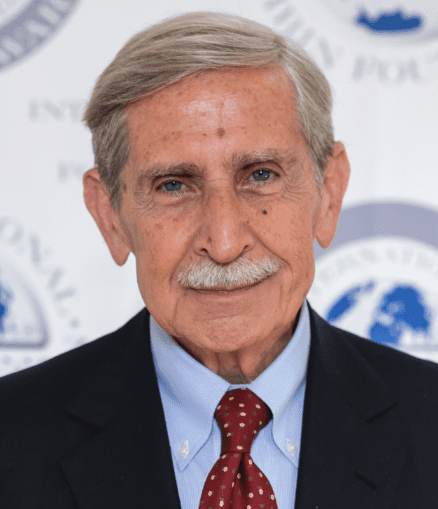Timeline
Menu
The story of aspirin is as remarkable and wide ranging as its number of potential uses
From origins as a herbal folk medicine – through its extended life as a front line pain killer – and now to its potential applications as a life saving preventive medicine, aspirin’s role is constantly changing. All these developments have come from the efforts of thousands of clinicians and scientists from across the world.
Major historical events

2000+ BCE
Assyrians document the use of willow leaves for rheumatic inflammation on stone tablets during the Sumerian period

1550 BCE
the Ebers Papyrus an Egyptian medical text recommended an infusion of dry myrtle leaves for rheumatic and back pain
c400 BCE
Hippocrates of Kos uses willow bark for fever and pain

1763
Reverend Edward Stone informs the Royal Society about his success with willow bark to treat fever
1876
Dr Thomas MacLagan publishes his work using salicin in acute rheumatism

1897
Dr Felix Hoffmann produces pure stable acetylsalicylic acid from salicylic acid and acetic anhydride
1853
Salicylic acid made from salicin by French scientists but it is found to irritate the gut.
1893
German scientists find that adding an acetyl group to salicylic acid reduces its irritant properties.

1897
In Germany, Bayer’s Felix Hoffmann develops and patents a process for synthesising acetyl salicylic acid or aspirin. First clinical trials begin.
1971
British Pharmacologist, Sir John Vane discovers that acetylsalicylic acid inhibits the production of pain- intensifying prostaglandins
1974
Professor Elwood, Archibald Cochrane and their colleagues publish the first RCT using aspirin for secondary CVD prevention
1974
International Aspirin Foundation founded by Nick Henderson FIPR HonFRCVS
1985
Professor Carlo Patrono shows that aspirin at low doses permanently inhibits thromboxane
1988
Physicians Health Study; Nurse’s Health Study and the Women’s Health Study showed positive effects of aspirin in the primary prevention of disease
1988
Cardiologists start using aspirin as immediate standard practice for suspected MI.
1988
First study to show a link between aspirin and colorectal cancer prevention
1997
Aspirin is 100 years old
2002
Antithrombotic Trialists’ Collaboration publish a meta-analysis confirming aspirin’s role in preventing death, MI and stroke in high risk patients.
2015
US Preventative Services Task Force recommends aspirin for the prevention of cardiovascular disease and cancer
2018
Primary prevention trials ARRIVE, ASCEND, ASPREE, seAFOod AspECT published
2019
International Federation of Gynecology and Obstetrics guidelines recommend that women at high risk of pre-eclampsia take low-dose aspirin prophylaxis
2020
aspirin is still one of the best options for secondary prevention of cardiovascular disease (The Lancet)
Sources
- Jack DB One hundred years of aspirin. The Lancet 1997:350: 437-39
- Elwood P 2017 Aspirin yesterday, aspirin today, aspirin tomorrow: a history of prophylactic aspirin. International Aspirin Foundation.
- Goldberg DR Aspirin: Turn-of-the century miracle drug accessed 12/05/2019 @ https://wwwsciencehistory.org/distillations/aspirin-turn-of-the-centuary-miracle-drug
- Schrör K 2016 Acetylsalicylic acid. Wiley
- Chiarito M, Sanz-Sánchez J, Cannata F et al monotherapy with P2Y12 inhibitor or aspirin for secondary prevention in patients with established atherosclerosis: a systematic review and meta-analysis. The Lancet 2020 395 10235 14487-1495


